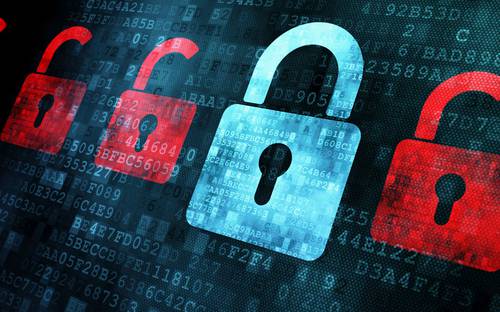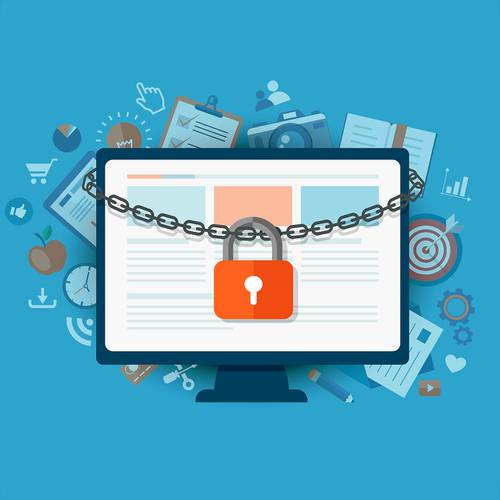Doomscrolling is a term that has been doing the rounds for a large portion of this past year- so much so that the Oxford English Dictionary recently named it the 'word of the year’. It refers to our tendency to surf or scroll through an endless sea of bad news, even when it is saddening, disheartening, or depressing to go through.
Although the term is said to have originated from a tweet made back in 2018, the fundamental concept of doomscrolling is in fact related to the 'Mean World Syndrome,' a term coined by Dr. George Gerbner in the late 1960s. It is a hypothesized cognitive bias, wherein we perceive the world to be far more dangerous than it actually is due to our long-term ingestion of violent and harmful content on mass media.
According to writer Khadija Mbowe, one of the overarching reasons we doomscroll is because we are hardwired to do so. It's instinctive for us to always be on the lookout for potentially dangerous situations because that's how our ancestors primarily survived.
In today's world of over-connectivity, doomscrolling almost serves as a distraction from our personal lives. With the pandemic looming over us, many of us seem to think that the only way we can connect with other people is by consuming the same news they consume. This hive mentality of knowing that there are people out there, seeking the same information as us, gives us a sense of closure. However, when you think about it, doomscrolling during a global crisis is as counterproductive as it gets.
According to Professor Pamela Rutledge, feeling uncertain about the safety of our environment causes anxiety and stress. This uncertainty then triggers our desire to search for more information to feel in control of the situation. But instead of increasing our sense of control, the negative news we consume only validates our fears, heightens our anxiety, and further increases our internal need to know. This cycle tends to repeat over and over again.
While the idea of consciously overriding this inherent tendency of ours may seem daunting, it's important to remember that the information we consume should trigger reason and not emotion. Avoiding sources that cause the latter is the first step towards mindful media consumption, and understanding how our online activity affects our emotional state is the key to breaking free from this vicious cycle of 'doomscrolling.'





